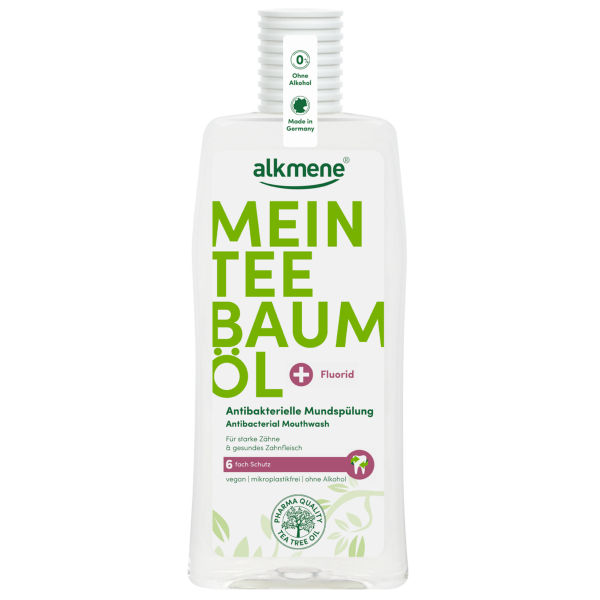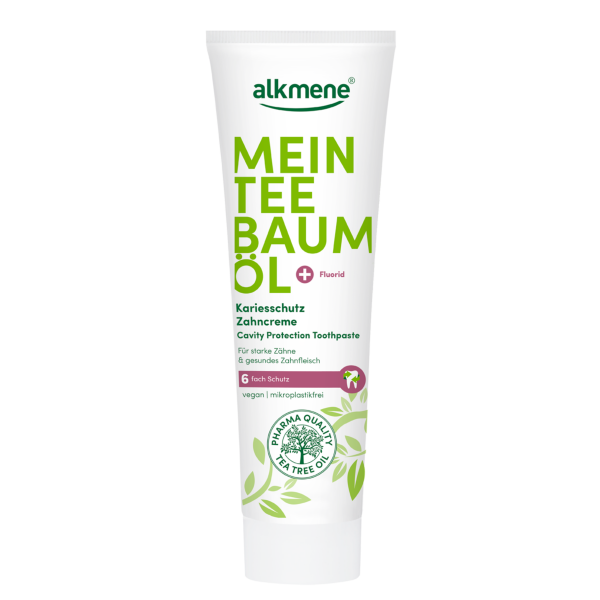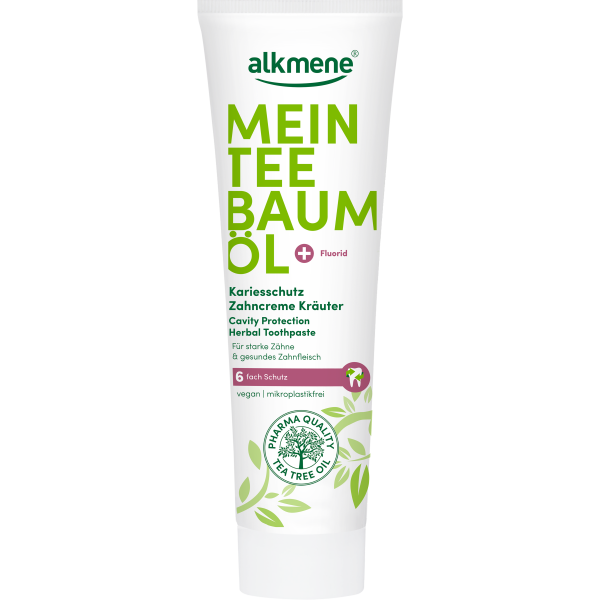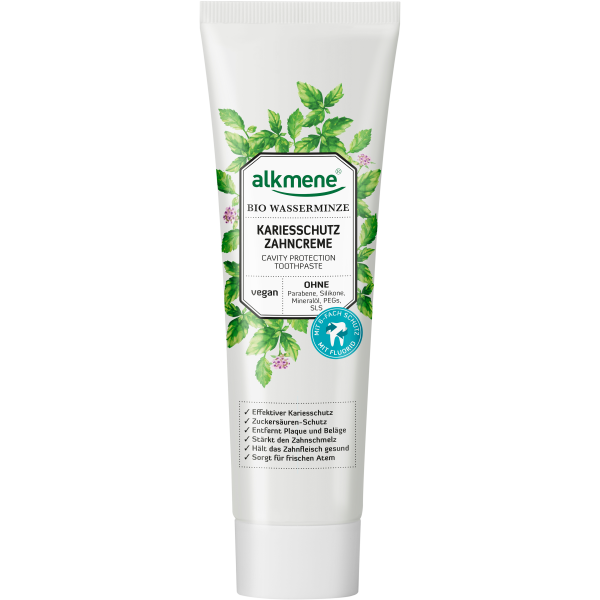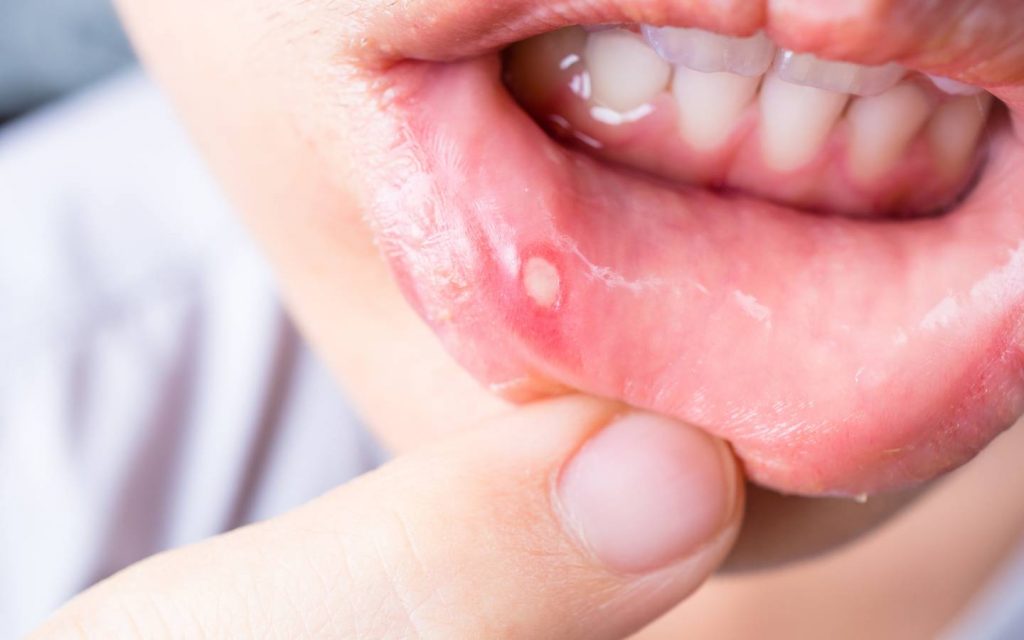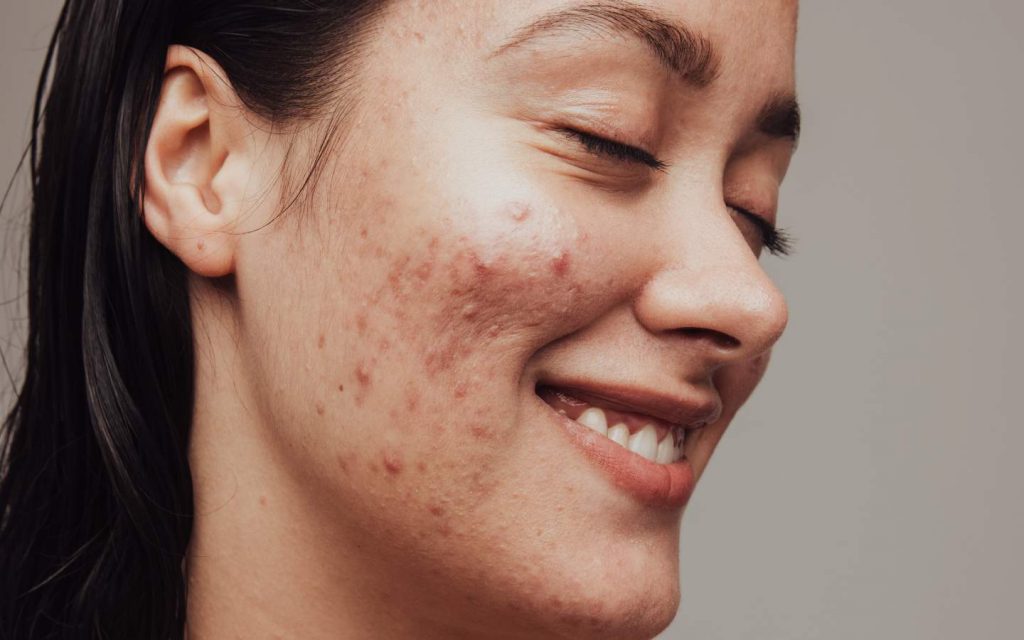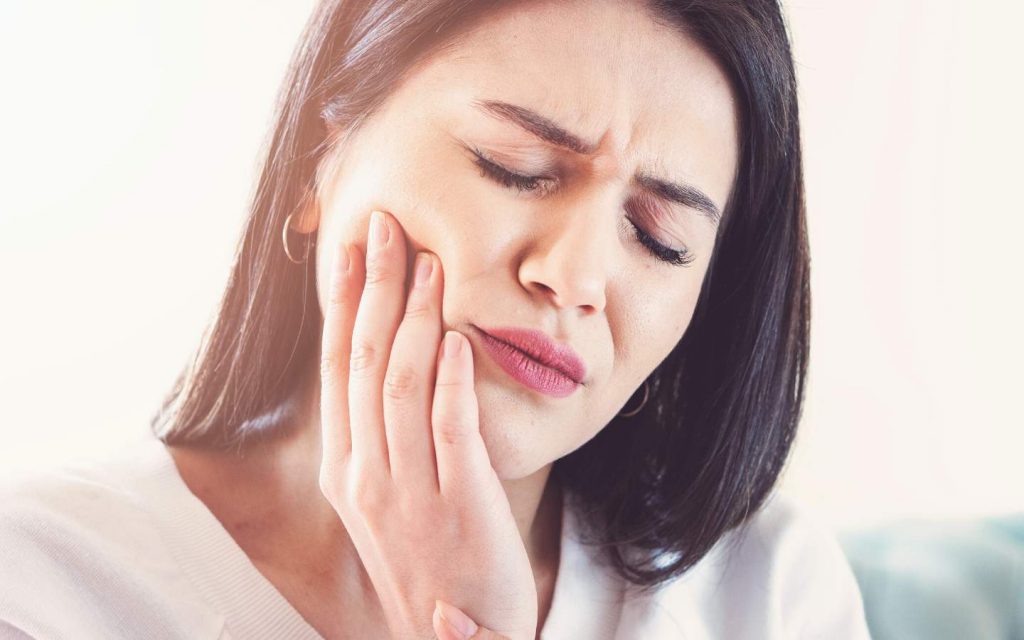


This article has been reviewed by:
Birgit Schlee
Dental hygienist
Did you know that cheese can be good for tooth decay? Or that your own saliva plays an enormously important role when it comes to healthy teeth?
With the right diet, you can make an important contribution to healthy teeth. From nutrition to dental care – we have compiled 7 tips for healthy teeth with which you can do something good for your oral cavity!
Tip 1 for healthy teeth: Cheese against caries
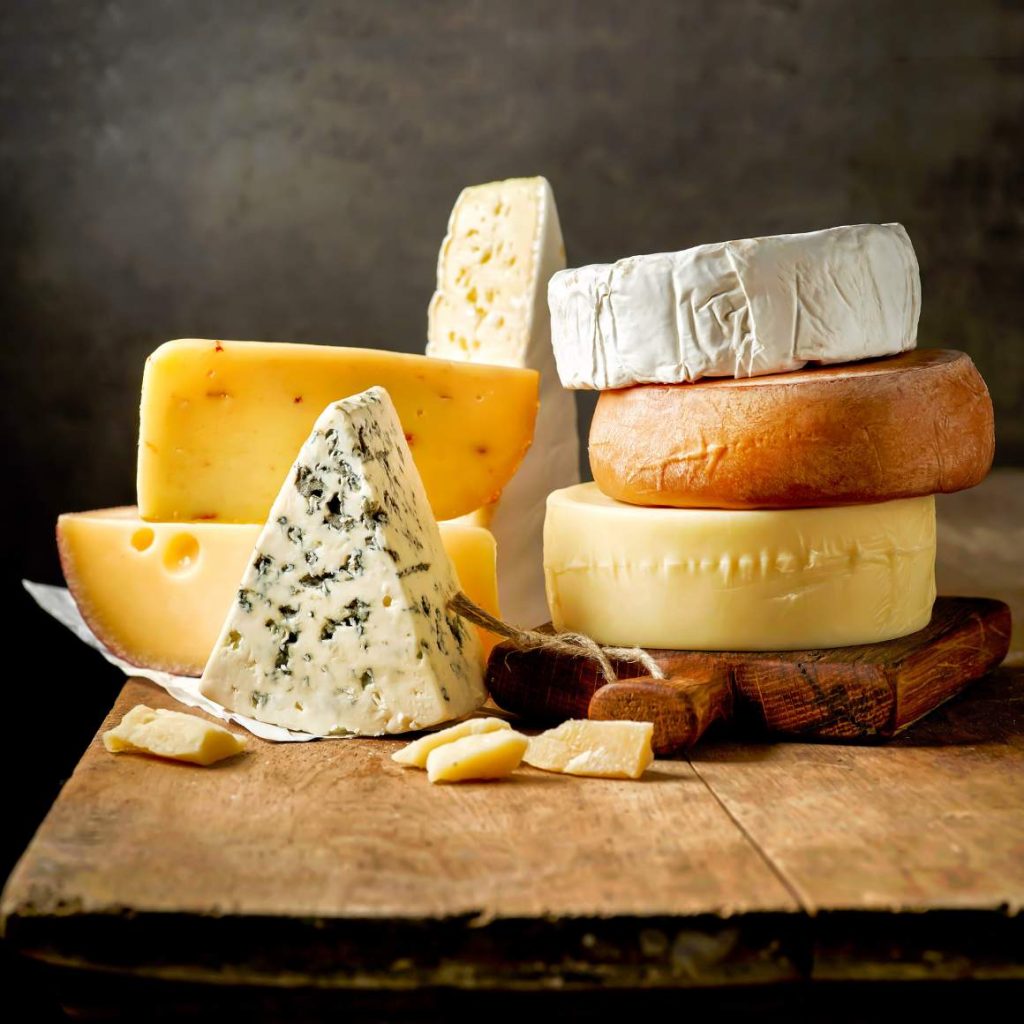
Human teeth consist largely of minerals, above all calcium and phosphate, which are responsible for the extreme hardness of the tooth enamel. However, when sugar is broken down after eating, acids are formed in the mouth that attack the enamel and deprive it of important minerals. This can make it susceptible to caries.
Dairy products can counteract this demineralization because they contain a lot of calcium, which strengthens the teeth. Hard cheese in particular, which is chewed extensively in the mouth, drives the deacidification of the oral cavity.
Tip 2 for healthy teeth: Black and green tea
Black tea has a similar effect against caries. Researchers at the University of Illinois have found that the tannin catechin contained in black tea can ensure healthier teeth by inhibiting the growth of harmful bacteria. In addition, some ingredients in black tea inhibit the conversion of starch to glucose in the mouth, making it harder for plaque-causing bacteria to produce tooth-damaging acids.
Green tea can also protect tooth enamel and prevent cavities and gingivitis through the minerals, antioxidants and trace elements it contains. However, the rule here is: everything in moderation. Excessive consumption of green and black tea can lead to tooth discoloration.
Tip 3 for healthy teeth: stimulate saliva flow
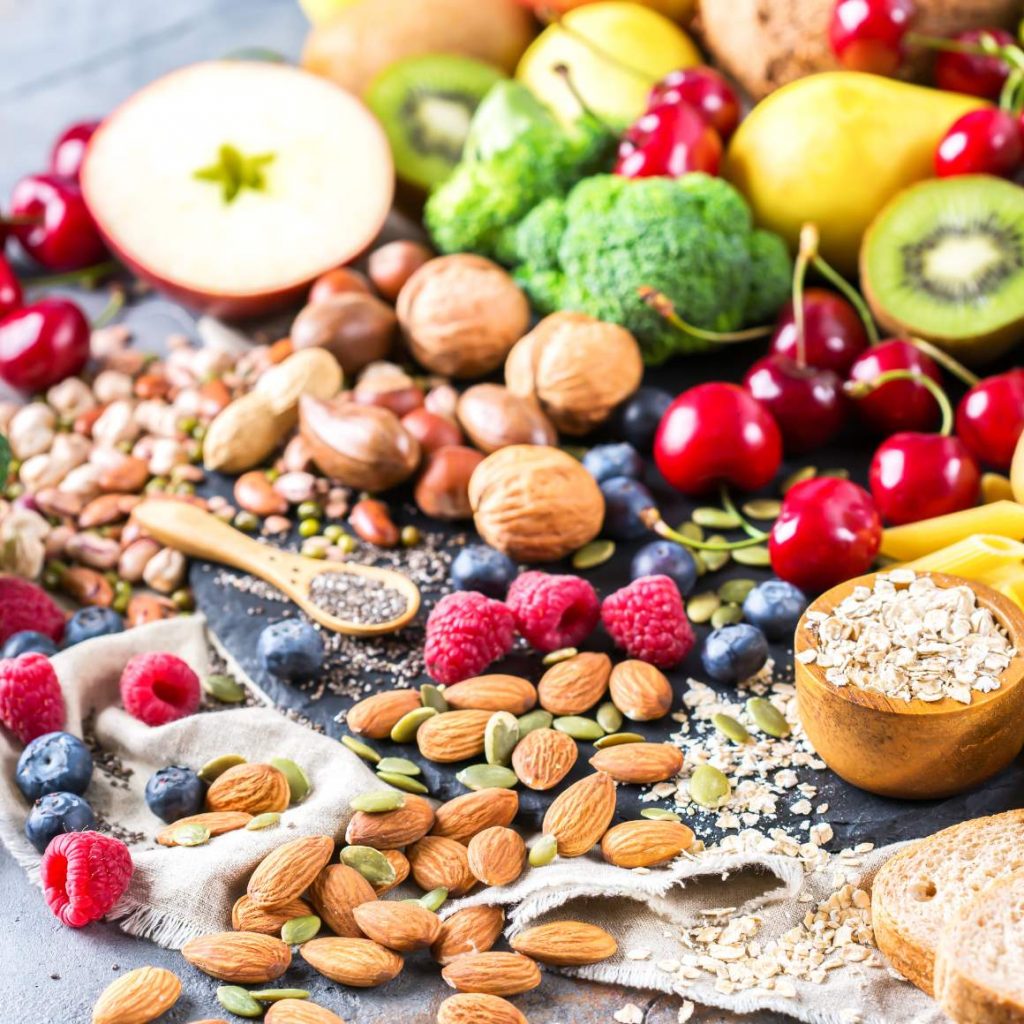
Saliva plays a significant role when it comes to healthy teeth: It cleans the teeth, softens acid and remineralizes the tooth enamel.
Whole foods that require long and intensive chewing are therefore good for the teeth because they stimulate the flow of saliva. These include, for example: raw vegetables (for example carrots or radishes), apples, nuts (such as peanuts, almonds or walnuts) and legumes such as beans, peas and lentils.
Tip 4 for healthy teeth: Sufficient breaks between meals
Healthy teeth are also a question of time. The longer acids act on the teeth, the more damaging they can be. For this reason, it is important to give the saliva enough time to clean the teeth between meals.
During these breaks, you can resort to chewing gum and also snacks that need to be thoroughly chewed, such as fruits and raw vegetables. However, you should avoid fruits with a lot of fructose, such as bananas, dates or figs.
Tip 5 for healthy teeth: Optimal dental care with 3-fold prophylaxis
This point is not so much a tip as a reminder. Namely, that optimal dental care and hygiene is essential for healthy teeth.
To ensure all-around thorough oral hygiene, in addition to brushing twice a day, you should also use an antibacterial mouthwash and clean your interdental spaces with dental floss or interdental brushes.
Tip 6 for healthy teeth: The perfect toothbrush
It is best to care for your teeth with a little feeling: The gums are very sensitive and should be treated gently. You should therefore refrain from using very hard toothbrushes. Whether you use a manual toothbrush or an electric toothbrush is up to you.
The effectiveness of cleaning with an electric toothbrush has improved greatly in recent years, especially when it comes to the interdental spaces. However, if you are thorough, you will achieve equally good results with a manual toothbrush.
The decision between a medium-hard and soft toothbrush depends on your individual situation: if you have sensitive teeth, a soft toothbrush may be the better choice.
Tip 7 for healthy teeth: Regular visits to the dentist
To keep your teeth healthy, you should not only go to the dentist when you have problems or pain, but regularly. Dentists recommend that children and adolescents between the ages of 6 and 18 visit the dentist twice a year, and from the age of 18 you should visit at least once a year for a check-up.
Bonus tip for healthy teeth: tea tree oil

Tea tree oil, a naturally pure product, has fascinated people all over the world for centuries due to its versatile effect. Due to its unique composition of natural, essential essences, it acts undiluted against fungi, various types of viruses and bacteria.
Our dental expert Birgit Schlee also knows about the effect of the essential oil: “Tea tree oil was considered an insider tip in dentistry for a long time. In the meantime, however, it has been very popular in oral hygiene products for many years, as its outstanding efficacy has been well studied and proven scientifically.”
Thus, the natural miracle cure can also fight harmful bacteria in the mouth and help to healthier teeth. The MY TEA TREE OIL caries protection toothpaste with tea tree oil and fluoride effectively protects against caries and sugar acids when used daily, strengthens the tooth enamel and keeps the gums healthy. The ideal complement to optimal oral hygiene (keyword 3-fold prophylaxis) is MY TEA TREE OIL Antibacterial Mouthwash.
![]()
